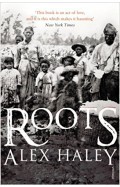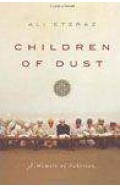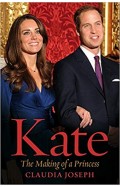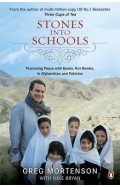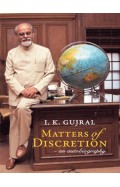Advice for a Young Investigator (MIT Press)
By: Neely Swanson
-
Rs 1,077.75
- Rs 2,395.00
- 55%
You save Rs 1,317.25.
Due to constant currency fluctuation, prices are subject to change with or without notice.
Santiago Ramón y Cajal was a mythic figure in science. Hailed as the father of modern anatomy and neurobiology, he was largely responsible for the modern conception of the brain. His groundbreaking works were New Ideas on the Structure of the Nervous System and Histology of the Nervous System in Man and Vertebrates. In addition to leaving a legacy of unparalleled scientific research, Cajal sought to educate the novice scientist about how science was done and how he thought it should be done. This recently rediscovered classic, first published in 1897, is an anecdotal guide for the perplexed new investigator as well as a refreshing resource for the old pro.Cajal was a pragmatist, aware of the pitfalls of being too idealistic -- and he had a sense of humor, particularly evident in his diagnoses of various stereotypes of eccentric scientists. The book covers everything from valuable personality traits for an investigator to social factors conducive to scientific work.
| Book | |
| What's in the Box? | 1 x Advice for a Young Investigator (MIT Press) |
Santiago Ramón y Cajal was a mythic figure in science. Hailed as the father of modern anatomy and neurobiology, he was largely responsible for the modern conception of the brain. His groundbreaking works were New Ideas on the Structure of the Nervous System and Histology of the Nervous System in Man and Vertebrates. In addition to leaving a legacy of unparalleled scientific research, Cajal sought to educate the novice scientist about how science was done and how he thought it should be done. This recently rediscovered classic, first published in 1897, is an anecdotal guide for the perplexed new investigator as well as a refreshing resource for the old pro.Cajal was a pragmatist, aware of the pitfalls of being too idealistic -- and he had a sense of humor, particularly evident in his diagnoses of various stereotypes of eccentric scientists. The book covers everything from valuable personality traits for an investigator to social factors conducive to scientific work.
Advice for a Young Investigator (MIT Press)
By: Neely Swanson
Rs 1,077.75 Rs 2,395.00 Ex Tax :Rs 1,077.75
Zubin Mehta: A Musical Journey (An Authorized Biography)
By: VOID - Bakhtiar K. Dadabhoy
Rs 472.50 Rs 1,050.00 Ex Tax :Rs 472.50
Manning Up: How the Rise of Women Has Turned Men into Boys
By: Kay Hymowitz
Rs 646.75 Rs 995.00 Ex Tax :Rs 646.75
No similar books from this author available at the moment.
No recently viewed books available at the moment.
Zubin Mehta: A Musical Journey (An Authorized Biography)
By: VOID - Bakhtiar K. Dadabhoy
Rs 472.50 Rs 1,050.00 Ex Tax :Rs 472.50
Advice for a Young Investigator (MIT Press)
By: Neely Swanson
Rs 1,077.75 Rs 2,395.00 Ex Tax :Rs 1,077.75











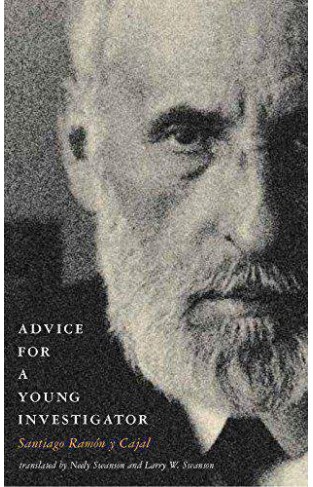
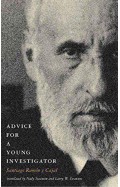
-120x187.jpg?q6)





